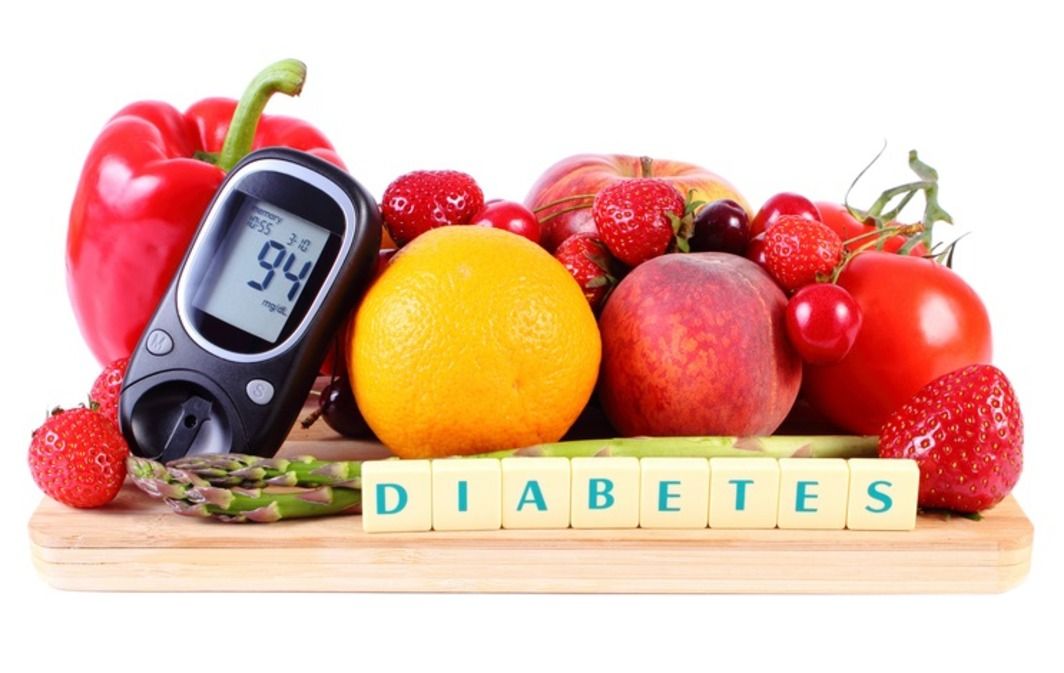Nutrition plays a key role in the management of blood glucose levels. For most people living with diabetes, the entire spectrum of nutrition revolves around a single nutrient - carbohydrates. This is owing to the nutrient’s ability to sway levels of glucose in the blood. However, it is worth noting that diabetes management is not only about regulating the amount of glucose entering the bloodstream. It is equally important to focus on the problem of low insulin sensitivity (or insulin resistance).What is insulin sensitivity?
Insulin is a hormone that regulates the levels of glucose in the blood. The hormone stimulates the cells of the body to absorb and utilize glucose. Insulin sensitivity refers to how sensitive the cells of the body are in response to the action of insulin. People without diabetes usually have a high insulin sensitivity which means the cells in their bodies can utilize glucose effectively.
However, the same is not the case with diabetics. People with diabetes suffer from low insulin sensitivity (insulin resistance) and poor insulin secretion. As a result, their cells are not able to utilize glucose efficiently. To address these problems, diabetics should focus on increasing the intake of vitamin D, a micronutrient that is believed to have a positive effect on insulin secretion and insulin sensitivity.
What is Vitamin D?
Vitamin D is a micronutrient that plays a key role in maintaining strong bones and teeth by facilitating the absorption of calcium. It is essential for certain biological functions involving muscle, nerve, and immune systems Besides being a micronutrient, vitamin D is a fat-soluble prohormone (inactive precursor of a hormone) that is produced from the cholesterol present in the cells of the skin when the latter is exposed to sunlight. It is also obtained from seafood, eggs, and mushrooms. Vitamin D exists in two dietary forms:
- Vitamin D3 (cholecalciferol). Primarily found in some animal foods
- Vitamin D2 (ergocalciferol). Mostly present in some plants, mushrooms, and yeasts
How does Vitamin D impact diabetes management?
For years, researchers have found a strong correlation between low vitamin D levels and the risk of developing type 2 diabetes. Studies have attributed the association between vitamin D and diabetes to the former’s positive impact on insulin insensitivity and insulin secretion. Combined together, both these benefits can significantly improve the management of diabetes.
Positively impacts the secretion of insulin
Vitamin D supports the synthesis of insulin. The micronutrient is believed to activate the insulin gene by entering the beta cells (insulin-producing cells) of the pancreas and interacting with several types of receptors. According to researchers, vitamin D helps protect the beta cells of people with diabetes from the destructive autoimmune response of their bodies. Vitamin D also supports the secretion of insulin by regulating the absorption of calcium in the body.
Improves insulin sensitivity
Vitamin D positively affects insulin sensitivity by stimulating receptors in the beta cells of the pancreas. The complicated physiological process involves the interaction and binding of vitamin D with these receptors. In the end, this process spawns an increase in the number of total insulin receptors present in the body. The micronutrient helps enhance insulin sensitivity by triggering other receptors that help control the metabolization of fatty acids within body fat and muscles. Similar to vitamin D’s relationship with calcium and insulin secretion, calcium is important for both muscle and fat’s response to insulin. Since vitamin D regulates the absorption of calcium, the uptake of insulin and glucose is not possible without vitamin D.
What are the other benefits of Vitamin D?
Some of the other benefits of vitamin D in diabetes management include:
According to research, getting enough Vitamin D can help reduce the levels of parathyroid hormone (PTH) in the body. Low PTH levels are positively associated with weight loss and reduced risk of obesity, which is a major risk factor for type 2 diabetes.
Vitamin D is known to increase the levels of the hormone leptin in the body. The hormone suppresses the feeling of hunger by triggering the sensation of satiety. By suppressing hunger naturally, vitamin D can support weight management efforts.
Vitamin D can help reduce levels of cortisol hormone in the blood. Chronically elevated levels of cortisol can lead to increased abdominal (or visceral) fat, a major risk factor for type 2 diabetes. By lowering the levels of cortisol hormone, vitamin D inhibits the accumulation of abdominal fat.
How to get Vitamin D?
Vitamin D is commonly referred to as “the sunshine vitamin”. This is because of the human body’s ability to produce vitamin D on its own when exposed to sunlight. Other common food sources of this vitamin include seafood such as salmon, mackerel, swordfish, trout, tuna, and sardines, fortified dairy products, eggs(yolks), and some mushrooms.
What is the recommended dietary intake of vitamin D?
The exact daily requirement of vitamin D can be determined only by getting the blood levels measured. The recommended dietary intake (RDI) of vitamin D is measured in IUs (international units (IUs). The average recommended dietary intake (RDI) for vitamin D is as follows:
- 400 IU (10 mcg): infants, 0–12 months
- 600 IU (15 mcg): children and adults, 1–70 years old
- 800 IU (20 mcg): older adults and pregnant or breastfeeding women
Is Vitamin D supplementation safe?
Yes, vitamin D supplementation is widely believed to be safe. For people who don’t get enough sunlight and don’t consume seafood or eggs, supplementation is an effective way of overcoming deficiency and meeting the daily RDI.
Conclusion
Diabetes management requires a multi-pronged approach. While regulating the consumption of carbs most effectively and primarily of managing blood glucose levels, it shouldn’t be your sole strategy. Supplementing with or getting enough vitamin D can offer an excellent way of resolving the underlying physiological problems contributing to the progression of diabetes.
You can also try the Apollo 24|7 Diabetes Self-Management Tool to log your sugar values, track patterns, know all about food nutrition and more.







